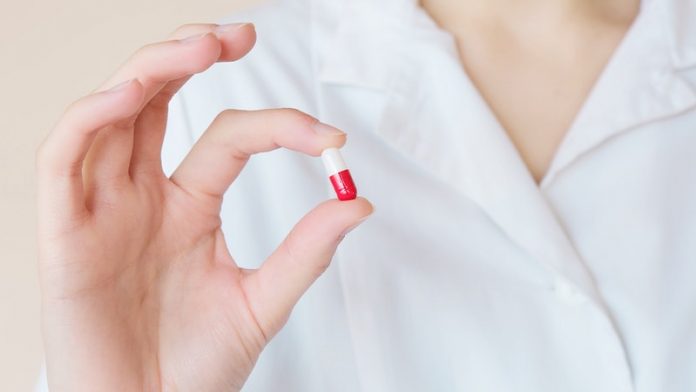
In a new study, researchers identified the most toxic proteins made by SARS-COV-2—the virus that causes COVID-19—and then used an FDA-approved cancer drug selinexor to blunt the viral protein’s detrimental effects.
They discovered the cell process that the virus hijacks, illuminating new potential drugs that could be tested for treating severe COVID-19 disease patients.
The research was conducted by a team at the University of Maryland.
The most effective drug against COVID-19, remdesivir, only prevents the virus from making more copies of itself, but it does not protect already infected cells from damage caused by the viral proteins.
SARS-COV-2 infects cells and hijacks them into making proteins from each of its 27 genes.
In the study, the team introduced each of these 27 SARS-CoV-2 genes in human cells and examined their toxicity.
They also generated 12 fruit fly lines to express SARS-CoV-2 proteins likely to cause toxicity based on their structure and predicted function.
The researchers found that a viral protein, known as Orf6, was the most toxic killing about half of the human cells.
Two other proteins (Nsp6 and Orf7a) also proved toxic, killing about 30-40 percent of the human cells.
They then discovered that one of these human moving proteins, targeted by the virus, gets blocked by the cancer drug selinexor.
Selinexor, like many cancer drugs, is itself toxic. However, after accounting for its toxic effects, the drug improved human cell survival by about 12%.
Selinexor prevented early death in about 15% of the flies making the toxic viral protein.
The drug also restored branches in the lungs and the energy-generators in the muscle cells. Selinexor is FDA-approved to treat certain blood cancers.
The team says more than 1,000 FDA-approved drugs are in clinical trials to test as treatments for COVID-19, and luckily a trial testing selinexor, the drug used in this study, is being performed already.
If this trial proves to be successful, the data will have demonstrated the underlying mechanism for why the drug works.
The study is published in Cell & Bioscience. One author of the study is Zhe “Zion” Han, Ph.D.
Copyright © 2021 Knowridge Science Report. All rights reserved.



